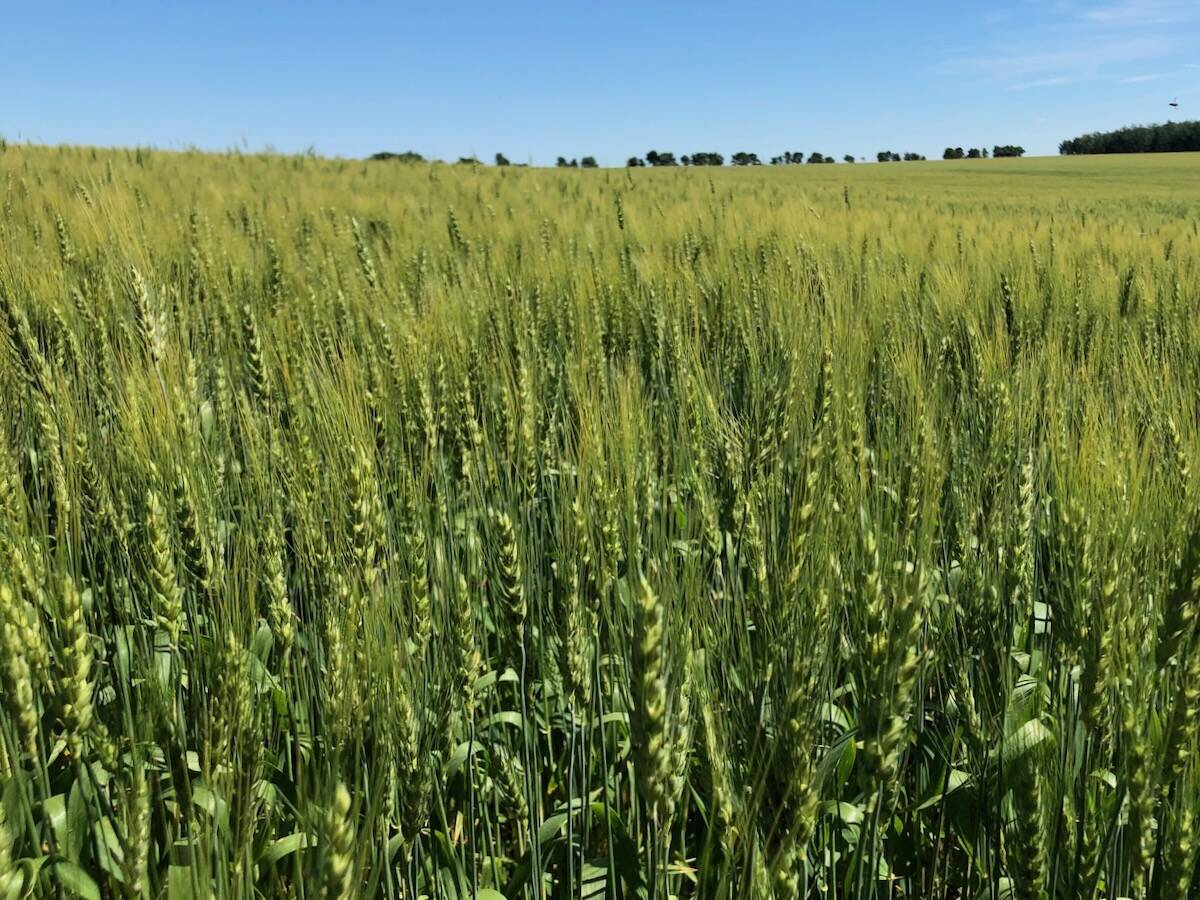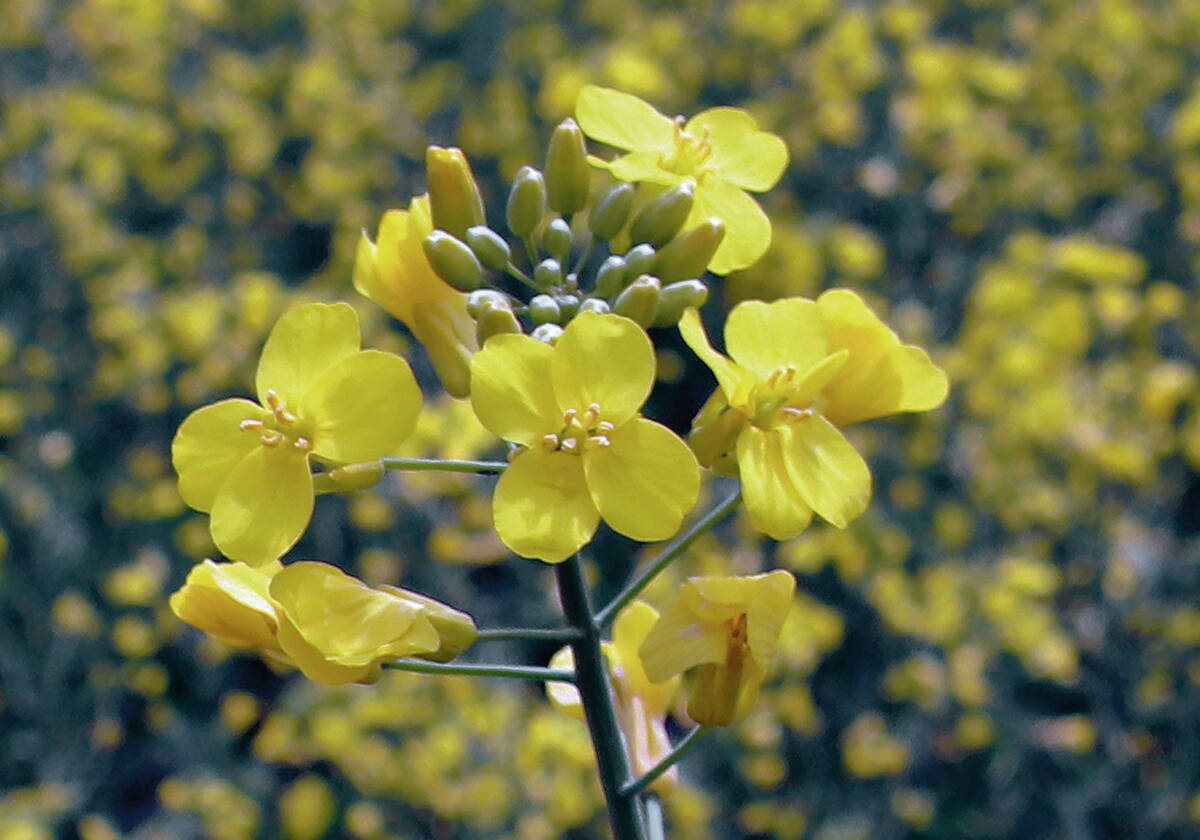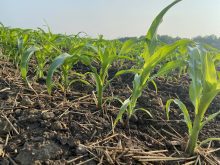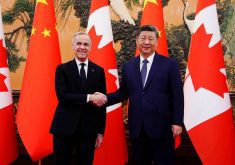China zapped a good chunk of canola’s gains during the week of March 17 as it proceeded with its 100 per cent tariffs on imports of Canadian canola meal and oil.
After the markets closed on March 7, China announced it would hit Canada with those levies plus 25 per cent duties on seafood and pork. The May canola contract was hardest hit, when on March 10 it tumbled limit down $40 per tonne. For the rest of that week, losses in the May tallied another $44.50/tonne.
Come March 17, the excitement that resulted in China’s actions subsided and cooler heads began to prevail. The recovery wasn’t overly exciting, but it was decent progress.
Read Also

Expert’s Radar: Ups and downs in wheat futures
Recent strength in wheat futures is partly tied to ideas that the U.S. crop won’t be as big as officially projected, but world supplies remain burdensome and Southern Hemisphere harvests are coming to market.
With nothing uttered by the respective national governments in Ottawa or Beijing, the latter did what it had promised on March 20. The initial shock wasn’t particularly brutal as most of the declines had been factored in the week before.
One saving grace for canola futures on the International Exchange was China excluded canola seed. Whether that omission will be a bargaining tool or left alone remains to be seen.
It’s rather ironic that when China has been on a record pace in its imports of Canadian canola, some major commotion pops up.
By the end of November 2018, things were going pretty good with canola exports to China. Ever the dutiful ally, Canada lent a hand with the arrest of Huawei executive Meng Wanzhou at the Vancouver International Airport who was wanted by U.S. authorities. As Meng bided her time in house arrest, Canadians Michael Spavor and Michael Kovrig were tossed in jail on flimsy charges. As that drama played out canola tumbled exceedingly hard.
Fast forward to the summer of 2024, the Canadian government is once again the reliable friend. In lockstep with the U.S. and the European Union, Canada imposed 100 per cent tariffs on Chinese electric vehicles with 25 per cent duties on its steel and aluminum.
Then in September, China accused Canada of dumping canola, and a 12-month investigation was needed. Reeking of a stench all too similar to that of a show trial, the outcome seemed to be predetermined.
Now seven months later, China has taken its shot. What bodes next for Canadian canola remains to be seen.
One thing in Canada’s favour — who else exports large amounts of the oilseed? Of the world’s top four growers, Canada is the only exporter. China, India, and the E.U. use almost all of what they grow and rely on imports. There is Australia and some other countries, but competition for that canola would be fierce.
Canada needs to call China to the table to negotiate a resolution over this canola commotion, with the aim of reaching an agreement that’s beneficial to both sides.
















